Fourth Covid wave has ‘not yet broken’
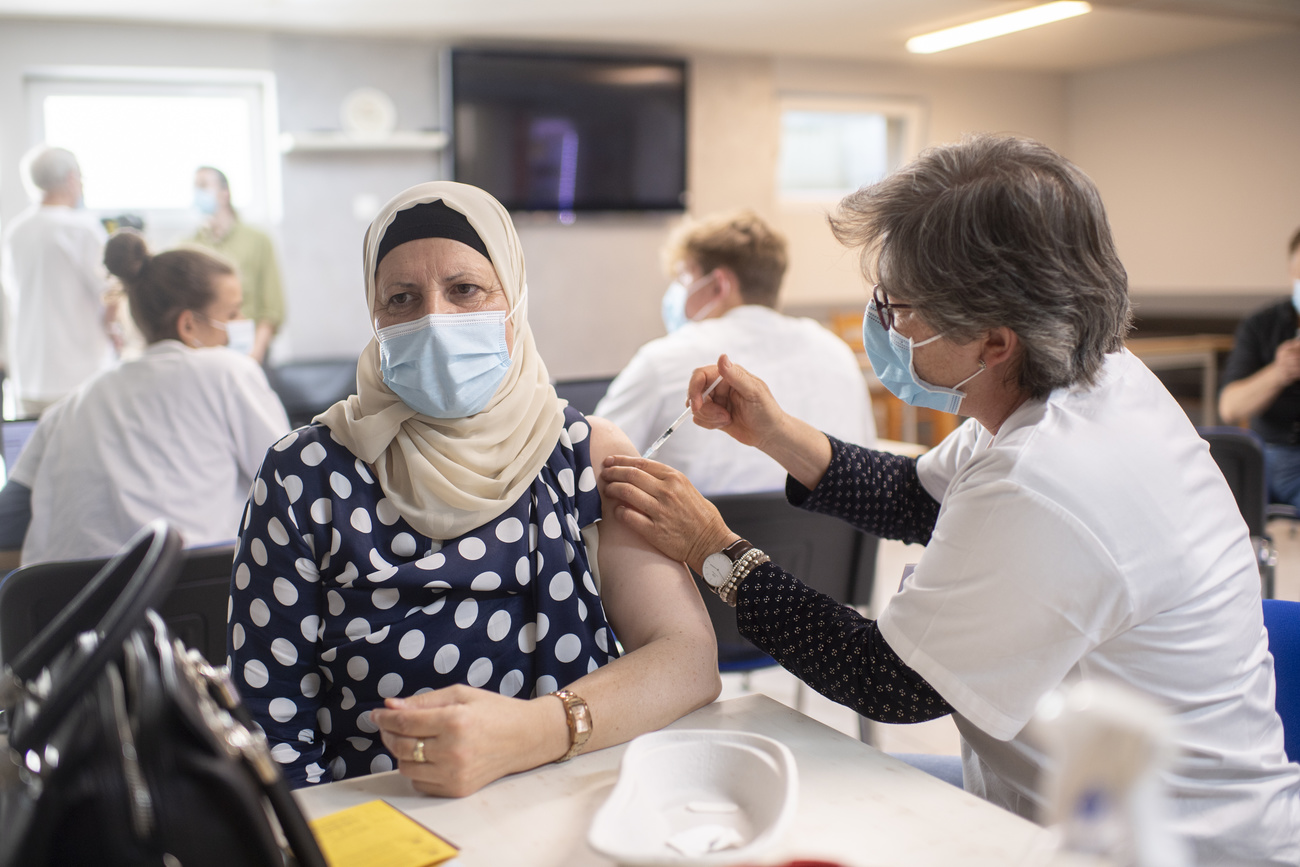
The rates of new Covid infections and hospital admissions have fallen in Switzerland over the past week. But the overall situation remains tense, and the vaccination rate is still too slow, say health officials.
“The situation has continued to calm down. This trend has held for a while now,” Patrick Mathys, the head of the government’s crisis team at the Federal Office of Public Health (FOPH), told reporters in Bern on Tuesday.
The seven-day average of new daily infections is down to 1,804, a 31% drop compared with the previous week. Most new infections have been recorded among those aged 10-19.
However, the situation remains tense, Mathys added. Hospitals are very busy, with three-quarters of intensive care beds occupied. Of those, 30% are taken by Covid patients.
The vaccination numbers are encouraging, he said, but the rate of vaccination is “too slow” to have a significant positive impact. Just over 53% of the population have been double-jabbed. Around 30,000 jabs are administered every day.
But with autumn and cold temperatures around the corner, there is still a “strong risk” that another wave of infection could hit, Mathys said. Many people could still become infected in a short space of time, he added.
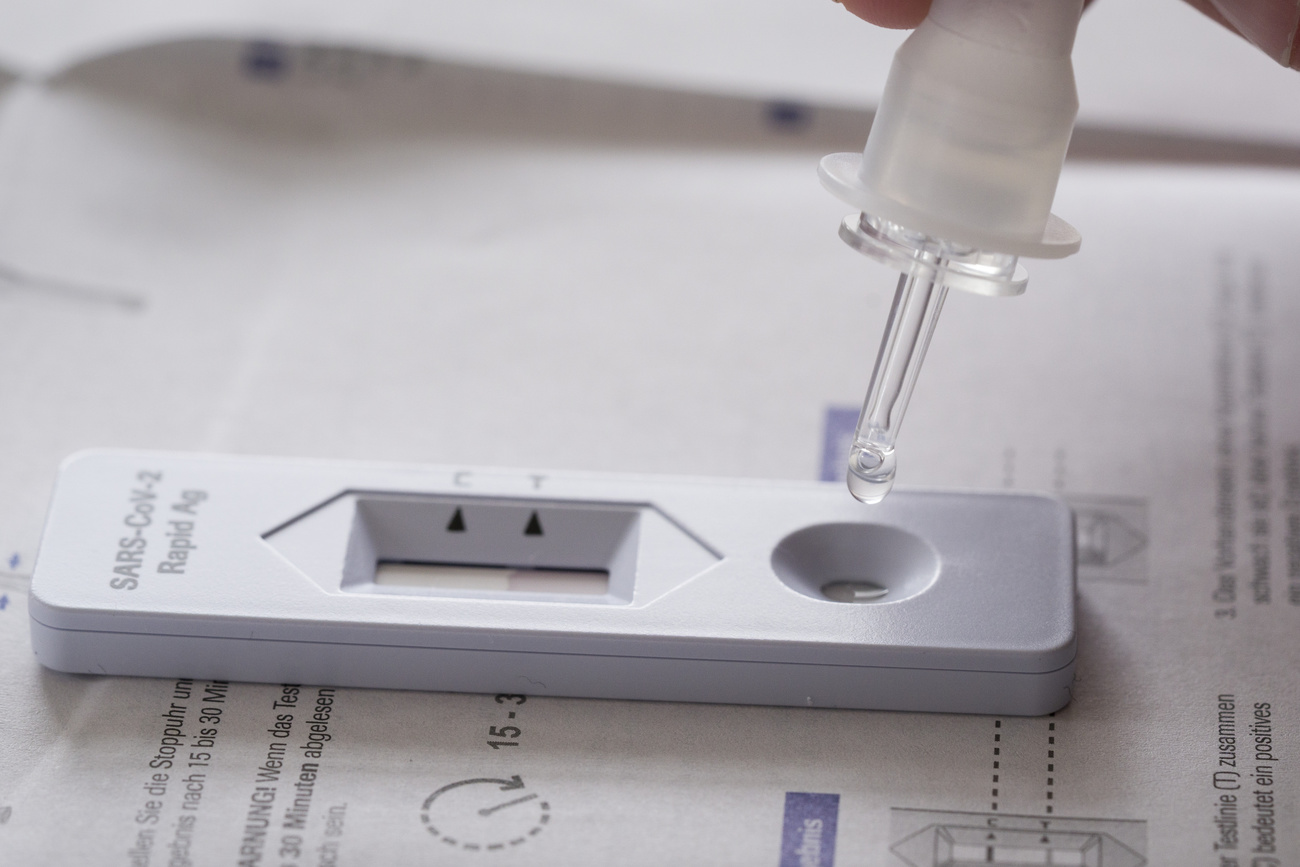
More
Coronavirus: the situation in Switzerland
Burden on children
Samia Hurst, president of the government’s Covid taskforce, pointed out that the number of infections rose rapidly last year at the start of the cold season. This could happen again, she warned.
“You can certainly say that the fourth wave has not yet broken,” she said.
During the press conference Alain di Gallo, a specialist in child and adolescent psychology, said the pandemic was placing a “heavy psychological burden on children and adolescents”.
The director of the clinic for children and adolescents at the University Psychiatric Clinics in Basel said distrust, aggression and hyperactivity were common behaviour among young children during the pandemic. There have also been increases in anxiety and depression, especially among adolescents, he said.
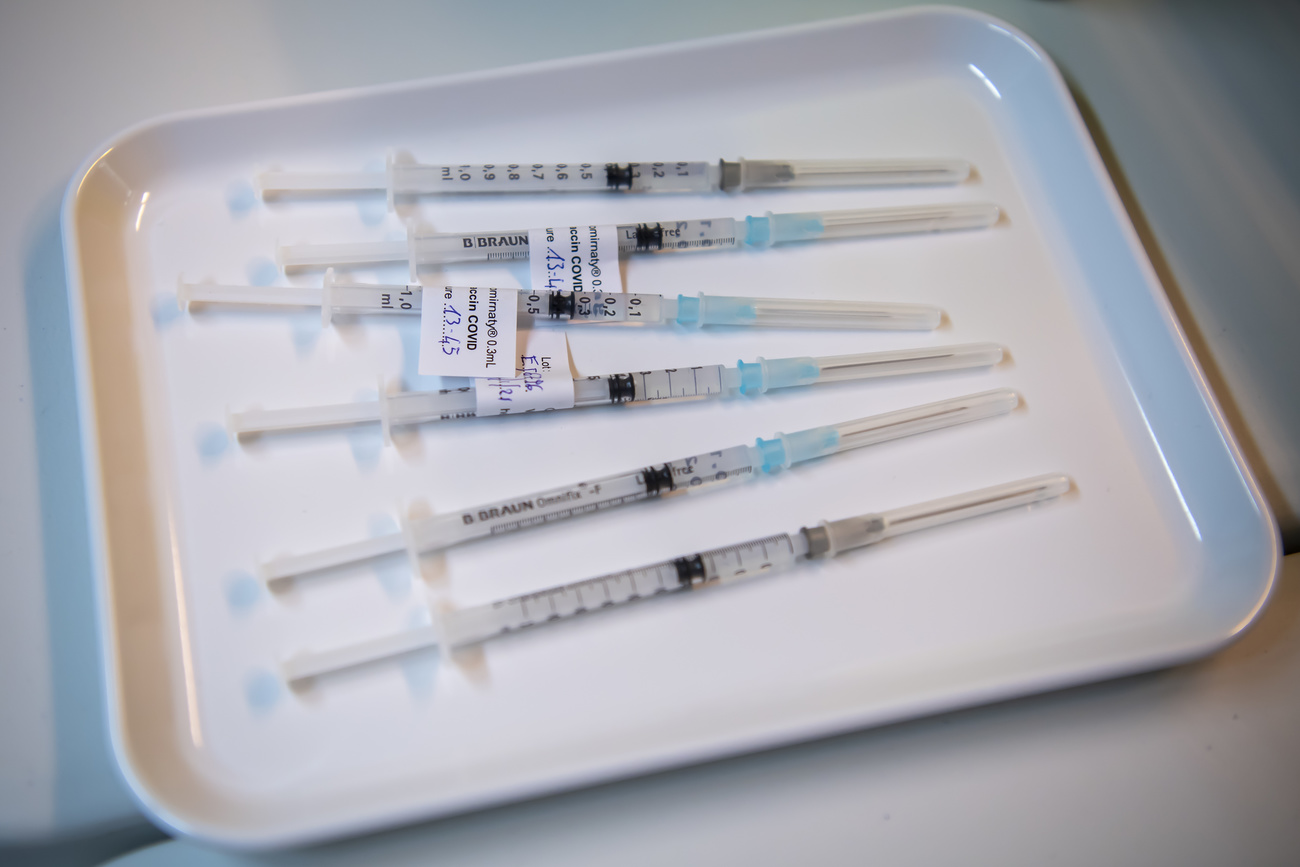
More
Coronavirus: the latest numbers

In compliance with the JTI standards
More: SWI swissinfo.ch certified by the Journalism Trust Initiative

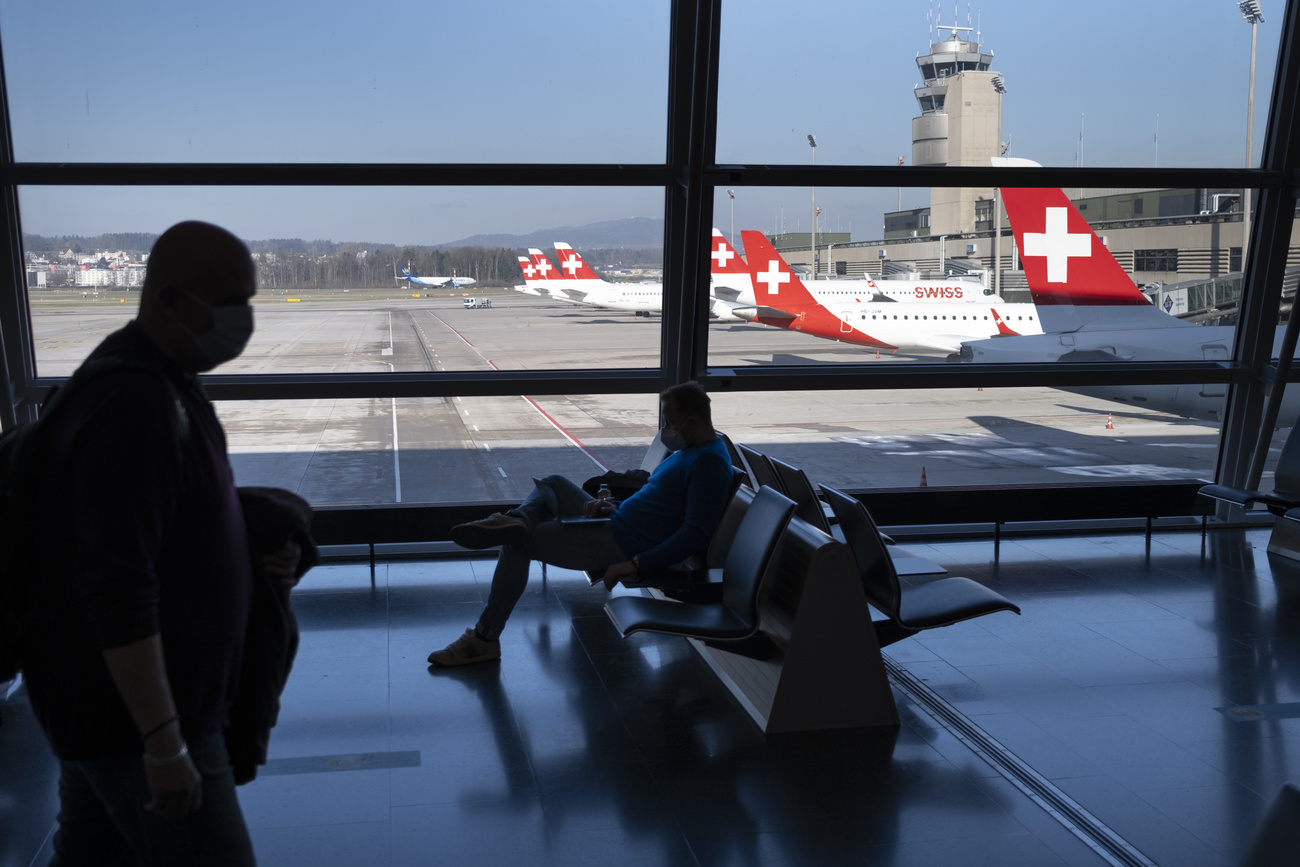
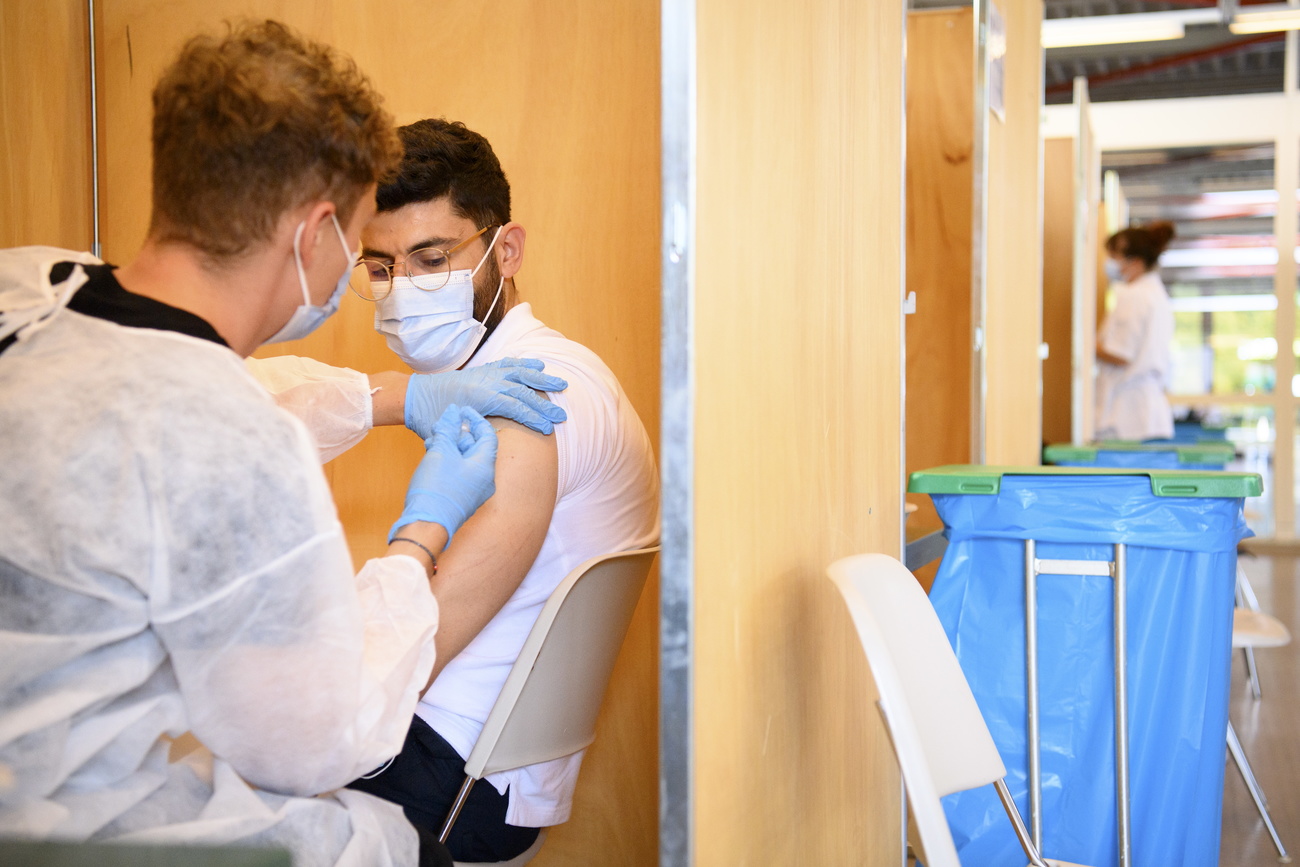
You can find an overview of ongoing debates with our journalists here. Please join us!
If you want to start a conversation about a topic raised in this article or want to report factual errors, email us at english@swissinfo.ch.